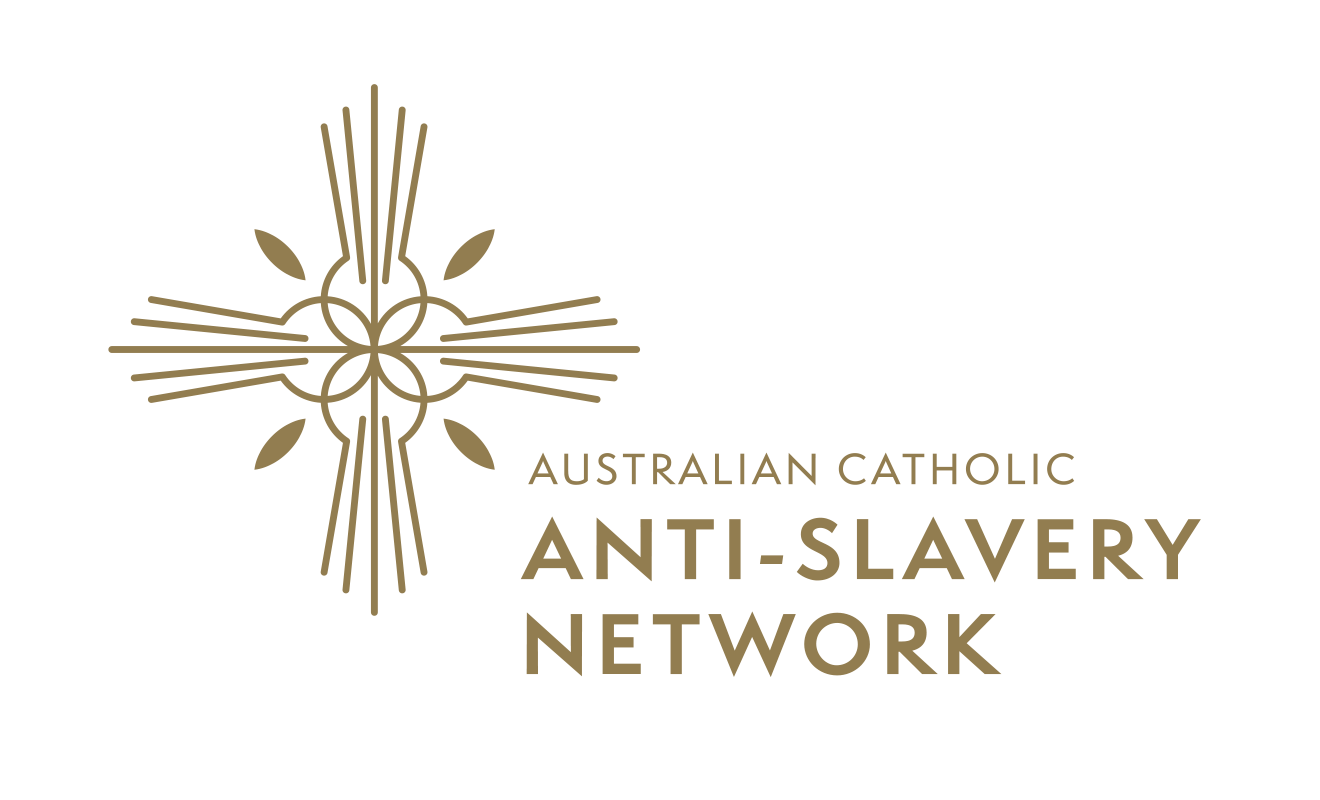Modern slavery response begins with St Josephine Bakhita
The life of the slavery survivor who became a saint is a model for improving the lives of modern slavery victims, writes Australian Catholic Anti-slavery Network consultant Moe Turaga.
God bless Catholics in Australia and around the world who are honouring Saint Josephine Bakhita today on her Feast Day.
I've known of the Patron Saint of human trafficking victims since I spoke at an event to commemorate Saint Josephine Bakhita hosted by the Archbishop of Sydney Anthony Fisher OP in 2019. I then understood the irony in her name.
Moe Turaga and Archbishop Anthony Fisher OP
Bakhita means lucky or fortunate in Arabic. It was the name given to this amazing woman by slave traders when Bakhita was first trafficked at the age of seven or eight.
Being described as ‘lucky’ by your oppressor has a familiar ring to many victim survivors of modern day slavery.
“Here’s a great opportunity that you’re lucky to have. Be grateful and don’t complain!”
“You’re so lucky. There are thousands of people where you come from who want to make a good life for themselves in our country.”
Human traffickers have used these kind of word games to confuse and entrap the unsuspecting since Methuselah was a boy. For so many, modern slavery begins as a promise of opportunity.
In my case, I was ‘lucky’ to be recruited by a trusted relative in Fiji to come to Australia to pick fruit at the age of 17. My passport was handed over to a migration agent and I worked hard, all the while thinking I was earning money to support my widowed mother.
Two years later, when I managed to access a free pay phone and call Mum, her first question was – where’s the money?
Needless to say this kind of betrayal is something that tests your faith in humanity. Thank God, I was helped out of my situation by a beautiful couple at church. Like most survivors I got on with my life and tried to forget my ordeal.
Many years later, I met people who inspired me with their courage in telling their stories, and I saw how stories could make a difference. When I was safe, supported and confident to share my own experience, I told my story at Parliamentary inquiries, at international human rights forums, church leaders’ meetings and to many other audiences.
Elevating the “lived experience” of victim survivors (in appropriately trauma-informed ways) is now a key consideration of organisations like ACAN who are guiding the overarching response to the Modern Slavery Act 2018 with Catholic Church agencies.
As it turns out, myself and other “survivor voices” are following in the footsteps of St Josephine Bakhita, who’s personal story of slavery inspires hope for freedom.
We need to hear many more personal stories, as we seek to meet the Pope Francis-inspired Sustainable Development Goal 8.7 to end modern slavery, human trafficking and forced labour.
Despite millions of people living in modern slavery in the world, awareness remains a huge challenge. Since I began sharing my story, I have been contacted non-stop by many people, particularly migrant workers, with stories of abuse.
I believe the current estimate of 41,000 people living in modern slavery in Australia is a conservative estimate, and the actual number is much higher.
So with the intercession of Saint Josephine Bakhita please keep victim survivors of modern slavery in your prayers today.
Through God’s grace anything is possible. With our prayers and actions, we can continue the good work of the slavery survivor who became a saint, and bring hope and freedom to millions.
Moe Turaga is a survivor of modern slavery who works as a consultant for the Australian Catholic Anti-slavery Network.
READ MORE
Moe Turaga on St Josephine Feast Day 2024
Catholic Weekly: Catholic leaders pray for end to modern slavery and human trafficking
Catholic Outlook: St Bakhita Mass celebrates joy and resilience of Sudanese Catholics

